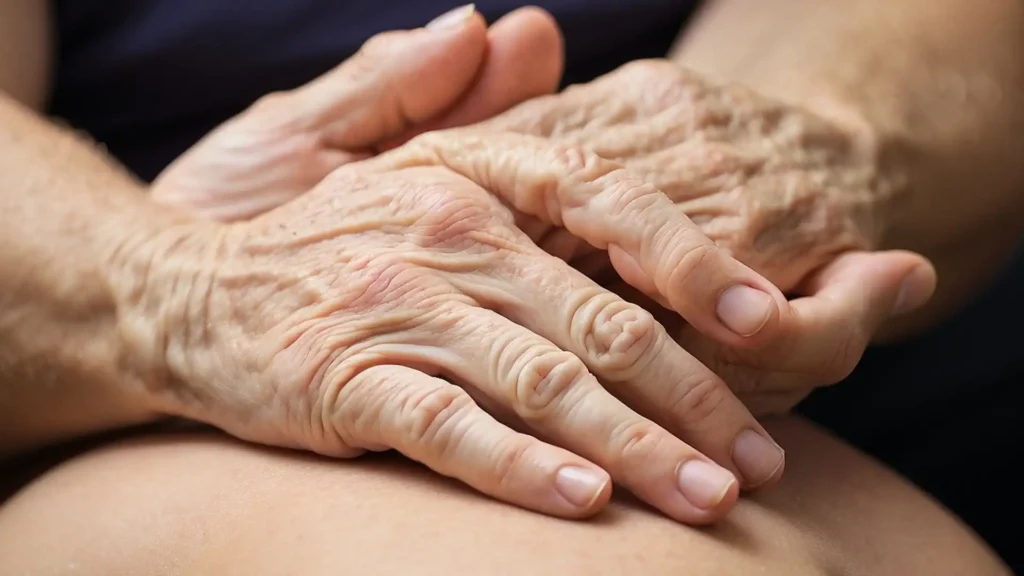Sex addiction, often shrouded in stigma and misunderstanding, is a pervasive issue that affects countless individuals worldwide. Unlike substance addiction, where the dependency is on a physical substance, sex is characterized by compulsive sexual thoughts and behaviors that can disrupt daily life and harm personal relationships. It’s time to unmask this hidden struggle, understand its complexities, and learn how to support those affected by it.
What is Sex Addiction?
Sex addiction, also known as hypersexual disorder, involves an uncontrollable preoccupation with sexual fantasies, urges, and behaviors. People suffering from this condition often engage in sexual activities despite negative consequences, much like other behavioral addictions. This can include excessive pornography consumption, promiscuity, compulsive masturbation, or risky sexual behavior.
Causes of Sex Addiction
Understanding the root causes of sex addiction is crucial for effective treatment. While the exact causes are not universally agreed upon, several factors may contribute to the development of this disorder:
- Biological factors: Imbalances in brain chemicals like dopamine and serotonin can play a significant role in compulsive behaviors, including sex .
- Psychological factors: Trauma, such as sexual abuse or neglect, can lead to sex as individuals seek comfort or escape through sexual activity.
- Environmental factors: Exposure to hypersexualized environments, whether through media, relationships, or cultural norms, can influence the development of sex .
Symptoms of Sex Addiction

Recognizing the signs of sex can be challenging, as they often overlap with healthy sexual behavior. However, certain symptoms can indicate a problem:
- Preoccupation with sexual thoughts: Constantly thinking about sex, to the detriment of other activities.
- Loss of control: Repeated unsuccessful attempts to reduce or control sexual behavior.
- Escalation: Engaging in increasingly risky or extreme sexual activities to achieve the same level of satisfaction.
- Negative impact: Experiencing adverse effects on personal relationships, work, or health due to sexual behavior.
- Withdrawal: Feeling anxious, irritable, or depressed when unable to engage in sexual activities.
The Impact of Sex Addiction
On Personal Relationships
Sex addiction can wreak havoc on personal relationships. Trust, intimacy, and communication are often the first casualties as the addict becomes increasingly consumed by their compulsions.
- Trust issues: Partners may feel betrayed and deceived, leading to a breakdown in trust.
- Emotional distance: The addict’s preoccupation with sex can create emotional distance, making it difficult to maintain a genuine connection.
- Conflict and resentment: Frequent conflicts and growing resentment can erode the foundation of the relationship.
On Mental Health
The mental health implications of sex addiction are profound. Those struggling with this disorder often experience a range of emotional and psychological issues, including:
- Shame and guilt: Persistent feelings of shame and guilt can lead to low self-esteem and depression.
- Anxiety: The constant need to engage in sexual behavior can cause significant anxiety and stress.
- Isolation: The fear of judgment and rejection can lead to social isolation and loneliness.
On Physical Health
Engaging in risky sexual behaviors associated with sex addiction can have severe physical health consequences. These include:
- Sexually transmitted infections (STIs): Increased risk of contracting STIs due to unprotected sex or multiple partners.
- Physical exhaustion: Excessive sexual activity can lead to physical exhaustion and other health issues.
- Neglect of self-care: The preoccupation with sexual activities may result in neglecting other aspects of health and well-being.
Seeking Help for Sex Addiction
Recognizing the Need for Help
Acknowledging the problem is the first step towards recovery. Many individuals struggling with sex addiction may not realize the extent of their issue until it severely impacts their lives. Recognizing the signs and understanding the need for help is crucial.
Treatment Options
There are several effective treatment options available for those struggling with sex . These include:
- Therapy: Cognitive-behavioral therapy (CBT) and psychodynamic therapy can help individuals understand and change their behaviors and thought patterns.
- Support groups: Groups like Sex Addicts Anonymous (SAA) provide a supportive community and a structured program for recovery.
- Medication: In some cases, medication may be prescribed to address underlying issues such as depression, anxiety, or OCD.
Building a Support System
A strong support system is essential for recovery. This can include:
- Family and friends: Open communication and support from loved ones can make a significant difference.
- Professional help: Regular sessions with a therapist or counselor specialized in sex .
- Peer support: Engaging with others who understand the struggle through support groups and online communities.
FAQs About Sex Addiction
1. What differentiates sex addiction from a healthy sexual appetite?
Sex addiction is characterized by compulsive behaviors that disrupt daily life and relationships, whereas a healthy sexual appetite does not typically interfere with one’s overall well-being.
2. Can sex addiction be cured?
While there is no cure, sex addiction can be managed with appropriate treatment and support, allowing individuals to lead fulfilling lives.
3. How can I support a loved one with sex addiction?
Offer non-judgmental support, encourage them to seek professional help, and educate yourself about the condition to better understand their struggle.
4. Is sex addiction recognized as a legitimate medical condition?
Yes, sex is recognized as a legitimate condition by many mental health professionals, though it remains a topic of debate in the medical community.
5. Can sex lead to other forms of addiction?
Yes, individuals with sex can develop other addictions, such as substance abuse, due to similar underlying psychological and environmental factors.
Conclusion
Sex addiction is a complex and often misunderstood condition that requires compassionate understanding and effective treatment. By recognizing the signs, understanding the causes, and seeking appropriate help, individuals struggling with sex can reclaim their lives and rebuild their relationships. It’s essential to break the stigma and foster a supportive environment for those affected by this hidden struggle.
Key Takeaway: Sex , characterized by compulsive sexual behaviors, can severely impact personal relationships, mental health, and physical well-being. Recognizing the need for help and seeking appropriate treatment and support are crucial steps towards recovery. Breaking the stigma surrounding sex is essential for fostering a supportive environment for those affected.
Discover more trends:
- Keep an Eye Out for Early Signs of Rheumatoid Arthritis: A Guide
- Nicole Kidman’s Revealing Dress Sparks a Heated Discussion
- Watch Out For The Early Signs Of Rheumatoid Arthritis
- Follow us on Facebook
- Follow us on Pinterest





